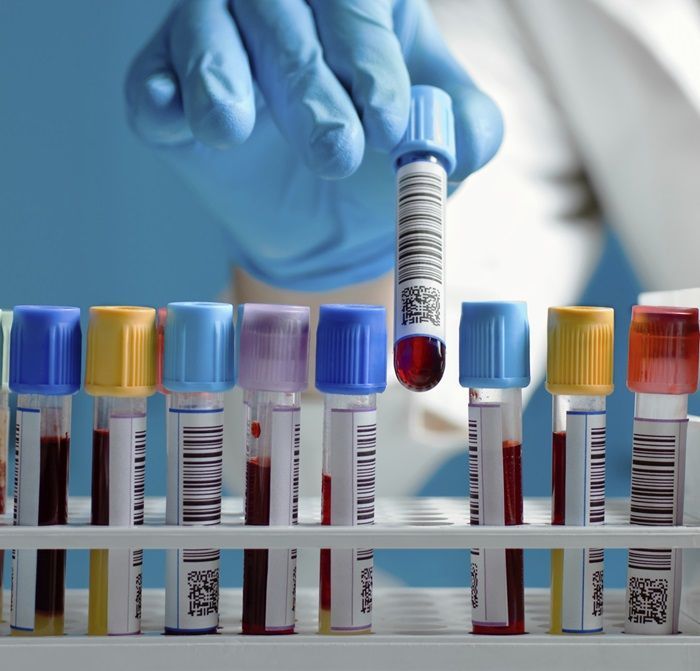Fasting is not required for testosterone testing in men on TRT

In a recent study, researchers explored whether consuming glucose (a type of sugar) affects testosterone levels in men who are receiving testosterone therapy, which is a common treatment for men with low testosterone levels. Men's testosterone levels can vary depending on a variety of factors, including their diet. Testosterone is a crucial hormone that affects many bodily processes.
Is Fasting for Testosterone Test Required in Men on TRT?
Study Overview and Objectives
According to the findings of a recent study, scientists looked at the potential connection between male patients undergoing testosterone therapy—a typical treatment for low testosterone levels—and their intake of glucose, a type of sugar, and their testosterone levels. The aim of the research was to determine whether consuming glucose had an effect on testosterone levels. A man's diet is one of several factors that could influence his testosterone levels. A variety of other factors may also have an impact on a man's testosterone levels. Testosterone is involved in a large number of bodily processes. It is an essential hormone.
Methodology and Participant Demographics
An explanation of the methodology and pertinent information: Men with low testosterone and type 2 diabetes—a condition in which the body struggles to regulate blood sugar levels—made up the bulk of participants. In this study that examined the effects of glucose, fourteen individuals drank a glucose drink with 75 grams of sugar. The following two hours were spent doing the experiment and measuring the subjects' testosterone levels. It was done once, before the men started testosterone replacement therapy (TRT), and once more after the men had TRT injections for 23 weeks. The first round of this test was done before the guys started taking testosterone treatment.
Initial Findings
An Overview of the Most Significant Results: Before beginning testosterone therapy, the men reported that their testosterone levels had dramatically dropped after a carbohydrate meal; nevertheless, these levels had returned to normal in less than two hours. This took place before the testosterone treatment began. This was prior to the men beginning to raise their testosterone levels with TRT. It's an intriguing phenomenon because during 23 weeks of testosterone therapy, the body's levels of testosterone were unaffected by glucose ingestion.
Participant Characteristics
Age and Average Body Mass Index: The average body mass index (BMI), which calculates body fat based on height and weight, for the individuals was 38 kg/m2, indicating obesity. The average age of the individuals was 53.
Conclusion and Implications
The results of the study show that men on testosterone therapy do not temporarily lower their testosterone levels when they consume glucose in the same way as men not receiving treatment. This finding is important for the creation of medical guidelines because it suggests that, although testosterone levels should be measured during fasting in order to diagnose low testosterone in men not on TRT, these levels may not need to be tracked in the same manner once testosterone therapy has begun. This is an important finding since it suggests that the baseline testosterone levels should be evaluated while fasting, but the follow up testosterone blood tests do not require fasting once men are on TRT.
Clinical Recommendations
Specific Guidance on Implementing Clinical Practice: The findings suggest that endocrinology societies should update their guidelines to include the possibility that fasting testosterone levels may not be necessary for monitoring the effectiveness of testosterone therapy in men who are already receiving treatment, even though they are necessary for diagnosing low testosterone. There would be an advantage to the field from this advancement.
Study Significance
This paper offers important insights into how dietary glucose impacts hormone levels in males with diabetes getting testosterone therapy, which helps to clarify the complexity of treating endocrine illnesses. The factors that specifically influence hormone levels are the subject of the investigation.






